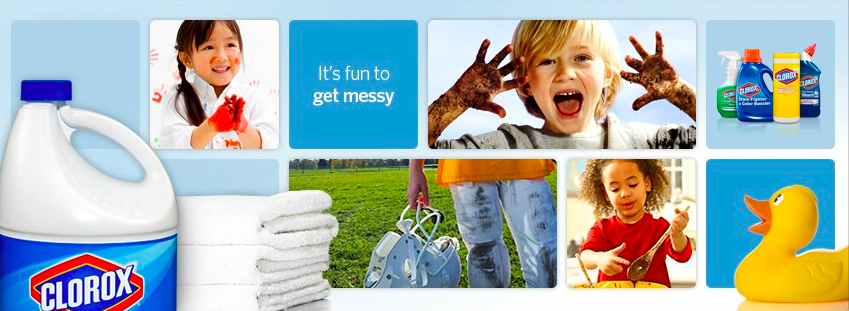Save 50% on a 3-month Digiday+ membership. Ends Dec 5.

Ever since General Motors pulled out of Facebook advertising, there’s been a lot of back and forth going on questioning the effectiveness of social advertising.
The fact of the matter is, 800 million people share and connect on Facebook each day, and the targeting capabilities are endless. Shortly after GM pulled out of Facebook, Ford Motor Company posted on its corporate Twitter feed: “It’s all about the execution. Our Facebook ads are effective when strategically combined with engaging content and innovation.”
Other brands are also seeing success with Facebook social ads. Clorox, for example, used Facebook ads to build brand awareness of its new Green Works cleaning products line. A series of Facebook ads drove people to download a coupon and to vote on “Green Heroes” in their community who should receive grants.
Engagement was high. More than 20,000 Facebook users voted on the Green Heroes Grant Program. For the ads that gave consumers $3 off of Green Works laundry detergent, the engagement rate was .11 percent. About 30,000 of the people who connected to the Green Works Page during the campaign can be directly linked to advertising. Additionally, a brand-lift study conducted by Nielsen found that intent to purchase the Green Works detergent among Facebook users (surveyed after the coupon offer) increased 7 percent. The same Nielsen study found that the campaign drove a 12 percent increase in awareness of the brand.
“We set out with this goal of really developing an army of advocates,” said David Kargas, senior group manager of public relations at Clorox. “With its unique ability to connect like-minded people to not only our brand but also to each other, we’ve found that Facebook is an extraordinarily valuable tool in that effort.”
CM Photography, for example, was targeting women 24-30, whose relationship status on Facebook was “engaged.” The company paid $600 for an ad on Facebook that offered brides-to-be $500 off of a wedding photo shoot. Over 12 months, the brand generated nearly $40,000 in revenue as a direct result of the Facebook ad.
Another example is StorQuest Self Storage, which was looking to target college students at 21 campuses right before summer break. StorQuest opted for Facebook advertising, and the results of the effort ended up being higher than any other online advertising efforts. The company saw a 50 percent increase in total rentals from a year prior. Visits originating from the Facebook ad saw a 10 percent conversion.
Ad position: web_incontent_pos1
All Nippon Airways created a Facebook page and developed a complementary ad campaign to drive likes. ANA used keywords to target consumers interested in traveling to Japan. The click-through rate for the Facebook campaign averaged 25 percent, which was much higher than the 8-12 percent average CTR ANA saw via other online platforms.
“To date, Facebook has been our best performing ad campaign online,” said Damion Martin, head of PR and marketing at ANA. “It’s hard to beat the low cost of participation and uniquely engaged audience.”
Facebook’s recent move to embrace programmatic buying methods, and the ability to use non-Facebook data to target users on Facebook, should lead to more money flowing its way — and better success thanks to more relevant ads.
More in Marketing

Ulta, Best Buy and Adidas dominate AI holiday shopping mentions
The brands that are seeing the biggest boost from this shift in consumer behavior are some of the biggest retailers.

U.K. retailer Boots leads brand efforts to invest in ad creative’s data layer
For media dollars to make an impact, brands need ad creative that actually hits. More CMOs are investing in pre- and post-flight measurement.
Ad position: web_bfu
